Bringing the Science Back to my Classroom
It’s sometimes a common and depressing comment to hear from your students, “I’ll never use this in my life! Teach me something practical like how to pay my taxes!” As teachers, we strive to make learning relevant to student’s lives, but for a multitude of reasons sometimes your lessons just don’t have that inspiring impact that you were hoping. Comments like these are understandable coming from high school students. Anxious to start their lives, they grasp to understand how being forced to learn content that they didn’t choose will support their future goals. Our jobs as educators are to make learning relevant and enjoyable. 

At the same time, I was attempting to expose my students to more earth and environmental science and wrap it into my chemistry curriculum. With climate change being in the news on a daily basis I wanted my students to be at a minimum, informed, but I also hoped to inspire them to act and to seek out careers that would be resilient in an unpredictable, warming world. 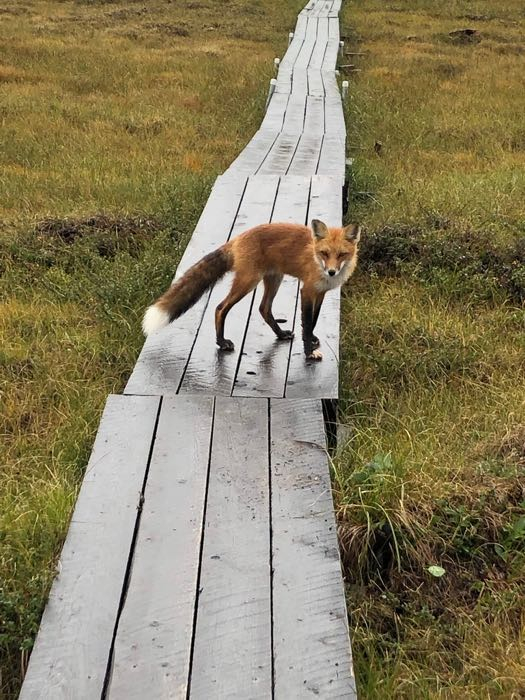
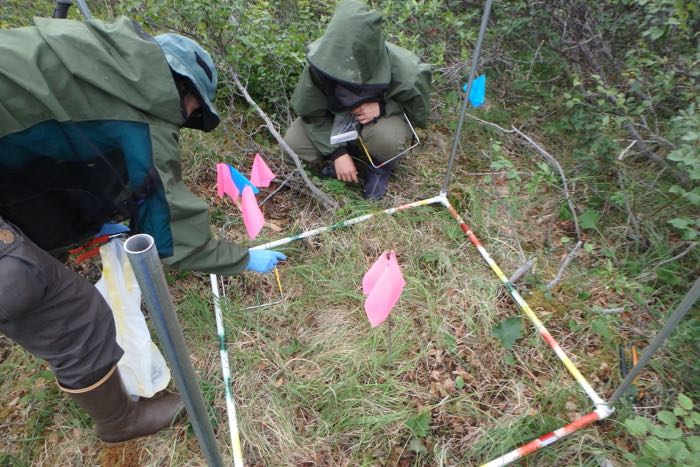
The Importance of Educator/Researcher Collaboration
My PolarTREC expedition was an exceptional experience and being paired with a researcher and seeing field research in action gave me a wealth of new ideas for how to incorporate scientific thinking into my lessons and make the science relevant to my students in engaging ways. Since my return, my students have asked me numerous questions about my experience, indicating that the program has already succeeded in engaging student interest. I have been able to immediately incorporate anecdotes into my lessons and will continue to develop lessons illustrating how polar science and research are important and relevant to student’s lives.
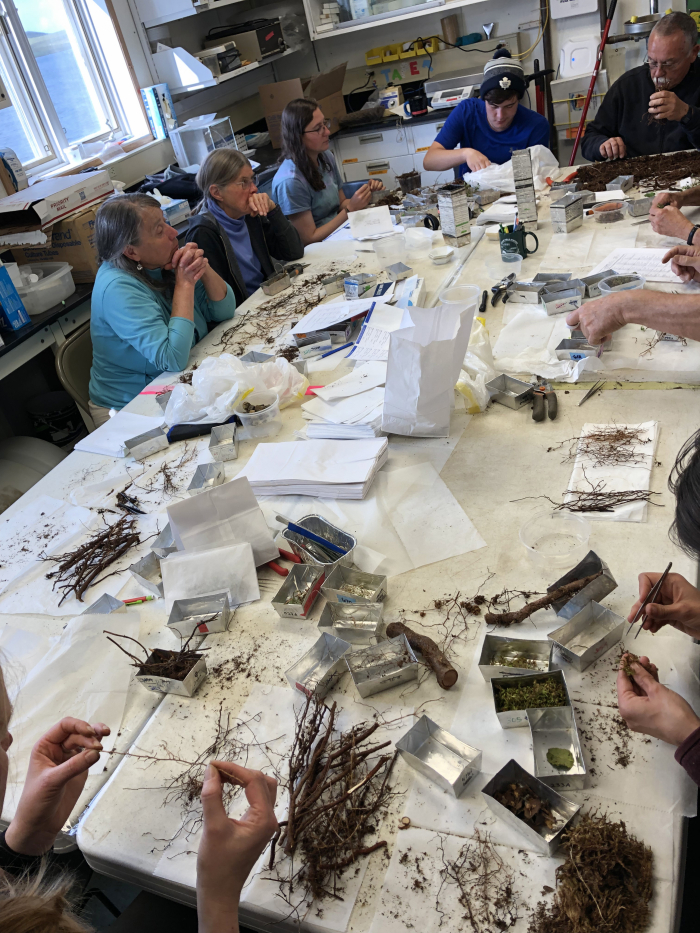
The experience has even helped me discover new student misconceptions about research. For example, in the classroom, we usually conduct experiments where a distinct conclusion can be met within an hour-long lab. Upon my return, I received questions from students asking if we were able to answer our research question in the three weeks I was there. Unbeknownst to me, my students were under the impression that all scientific research reaches a conclusion just as quickly as they do in their hour-long labs. 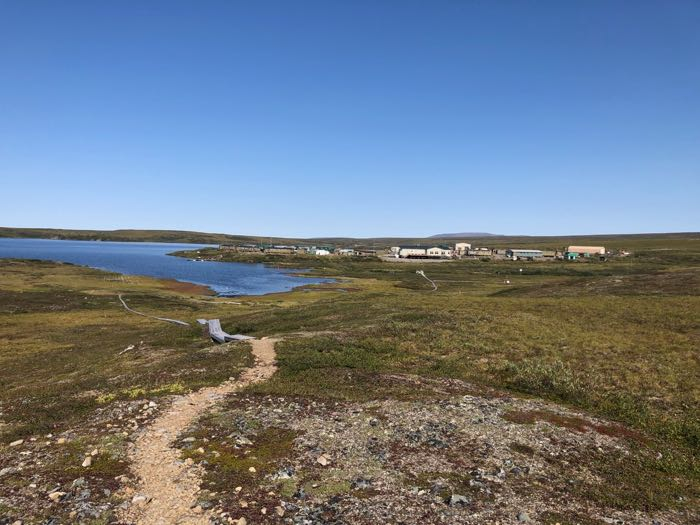
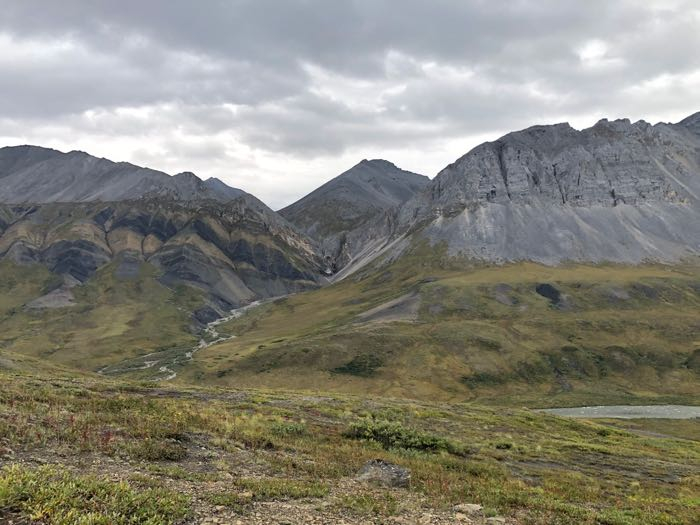
Continued Outreach
I know that being selected as a PolarTREC educator will be one of the most profound and fruitful experiences of my career. Upon my return, I immediately set about recommending the experience to every teacher I knew. I hope that in the future I can further support PolarTREC and my researcher in an effort to give back as much as I have received from the experience.
*This program is supported by the National Science Foundation under award 1918637. Any opinions, findings, and conclusions or recommendations expressed by this program are those of the PIs and coordinating team, and do not necessarily reflect the views of the National Science Foundation.
| Attachment | Size |
|---|---|
| Download Report3.66 MB | 3.66 MB |
This program is supported by the National Science Foundation. Any opinions, findings, and conclusions or recommendations expressed by this program are those of the PIs and coordinating team, and do not necessarily reflect the views of the National Science Foundation.
